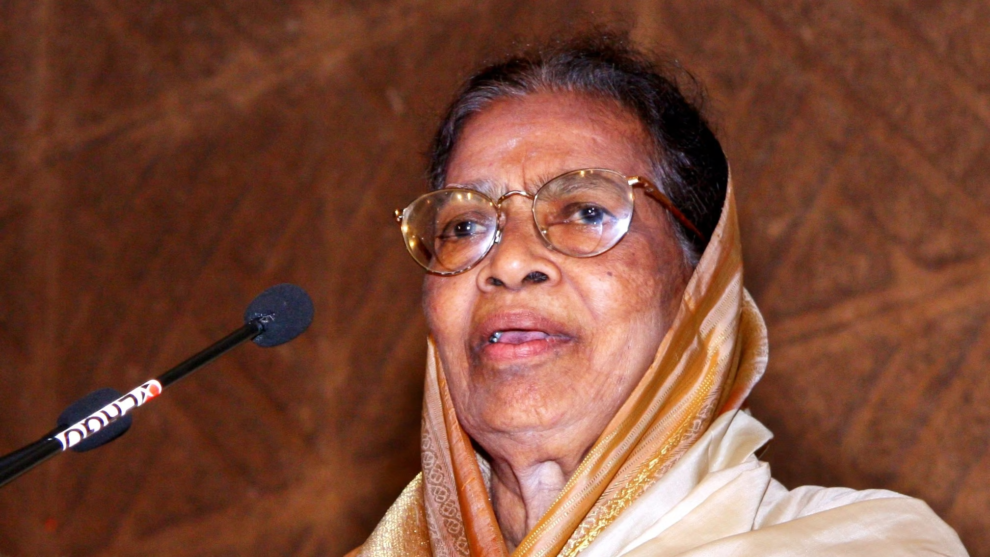Justice Fathima Beevi, India’s first woman judge of the Supreme Court, died on Thursday at a private hospital in Kerala’s Kollam. She was 96. Tamil Nadu Governor R N Ravi said that he was deeply saddened at the passing away of Justice Beevi.
“Her contributions to public service will always be remembered. My thoughts are with her family members in this sorrowful hour. May she rest in peace,” the governor said.
Kerala Chief Minister Pinarayi Vijayan expressed condolences over the death of Justice Beevi. He further said that Justice Beevi was the first woman from the Muslim community to be a part of the higher judiciary, as she was able to overcome the negative aspects of social situations by seeing them as challenges, according to PTI.
“Her life is an inspiration to everyone, especially women,” the chief minister said, adding that as a tribute to her, she has been chosen for the Kerala Prabha Award.
Kerala Health Minister Veena George also condoled her death by saying that the demise of Justice Beevi was extremely painful.
“She was a brave woman who had many records to her name. She was a personality who through her own life showed that willpower and a sense of purpose can overcome any adversity,” George said in a statement.
Here’s what more we know about Justice Beevi:
- Justice Beevi was born in Kerala’s Pathanamthitta in April 1927. She graduated from the University College, Trivandrum and studied law at the Law College in Trivandrum.
- She enrolled as an advocate in November 1950 and worked her way up to become a district and sessions judge in 1974.
- In 1983, she was elevated to the High Court and became a permanent judge a year later.
- She made history after she was elevated to the Supreme Court as a judge in 1989. She retired in 1992.
- After retiring, she served as a member of the National Human Rights Commission from 1993 to 1997, before becoming the Governor of Tamil Nadu till 2001.
Source: The Hindustan Times
















